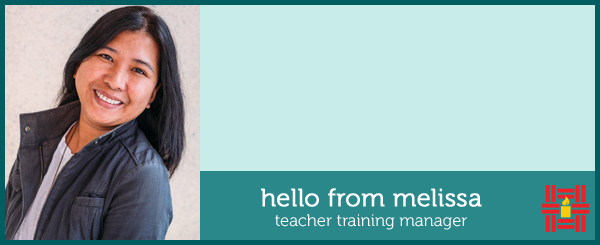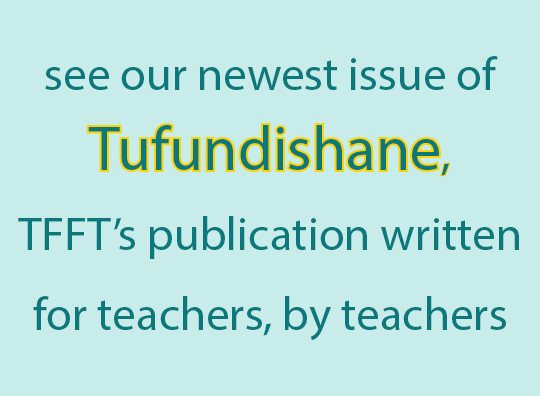July 30, 2015
Tufundishane was born of the desire to have a platform where teachers and schools can share best practices, find out what other schools are doing, and learn from each other. Although most of the schools we train and work with are in Arusha, networking does not come naturally for them. Especially the private schools where our kids attend, they exist in their own “world” so to speak, each solely focusing on preparing the children for the national exam. Where there are opportunities to meet inter-school, they are mostly for sports or academic competitions. “Trade secrets” or what makes their respective school tick is not naturally shared.
The Teacher Training Program believes in the power of people of the same interests and concerns gathering together to learn from and help each other. We envision Tufundishane (which means “Let’s teach each other” in Kiswahili) to be this venue for sharing and teaching each other. For the TFFT programs, it is also a way of diversifying the way we reach our audience and giving them helpful information aside from meeting face-to-face in workshops or seminars.
Even as we release the third issue of Tufundishane this month, it is still a work in progress, it’s process of getting schools to open up, or even recognizing their “good” practices and writing about them. We hope that as we increase readership and see examples of schools writing about home-grown innovations, they would also follow suit. We hope that this will spark greater interest in sharing and learning from each other, and in documenting what helps their students learn better.
In the past 2 issues, two schools have shared their best practices in getting their students actively involved in assessment and teaching students about business and entrepreneurship by giving them the space and opportunity to plan and start their small businesses in school. In this issue we focus on special education and learning disabilities and what a forerunner in this field in Arusha, Step-by-Step Learning Center, a TFFT partner, is doing for children with special educational needs. In this issue we also updated local partners of what we are doing in terms of life skills education, child protection, literacy, and TFFT’s foray into co-management of a government school—our own effort of testing innovative solutions to problems in education here in Tanzania.

